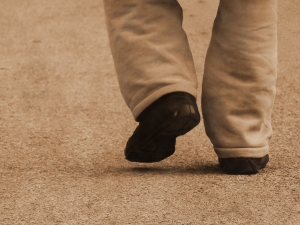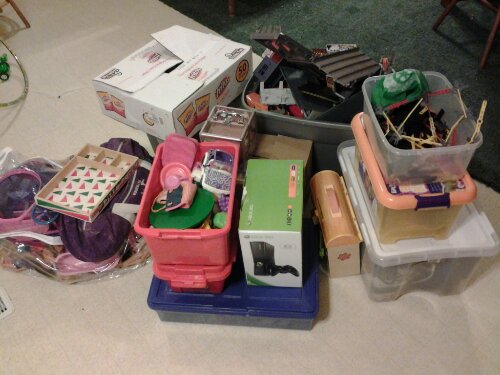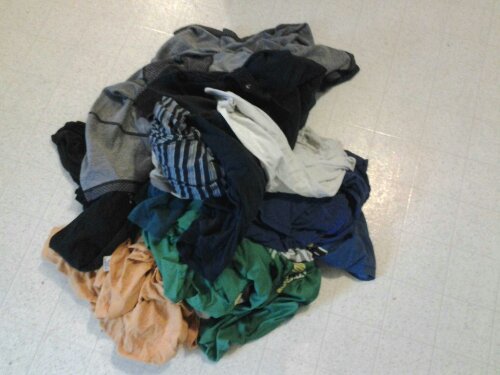Recently, I was reading a Charlotte Mason book on homeschooling, and came across this quote:
Children should be taught to distinguish between “I want” and “I will”.
And it got me thinking. This is primarily directed towards teaching and training children, but it struck me how applicable this is to everybody, especially in today’s ridiculously backwards society.
How many times have we said to ourselves, “I just want….” or even “I’d really like it if…” when we really are saying “I wish things were different.” The truth is, we can’t change anything except ourselves, which includes our attitudes.
What if instead of saying “I want to know more about God” we say something like “I will spend twenty minutes a day reading my Bible.” Did you know you can read through the entire Bible in about 90 days if you read 20 minutes a day?
Instead of saying “I want to write a book” we say “I will spend an hour today writing.” Did you know if you can write 1500 words a day, you can write a novel in about a month?
Instead of saying “I want to save for retirement” we instead say “I will stop eating out and wasting money, and put that into my 401K.” Did you know you can retire early (and even be debt-free!) if you do simple things like this? It’s not as difficult as it sounds.
What if instead of “I want to lose weight and get in shape” we say “I will eat smaller meals, and get a little more exercise?” Did you know, just controlling your meal portions and getting a few hours of exercise a week is all it takes? Like 40 pounds in 3 months.
What it boils down to, then, is that we always want things to happen, but we’re not willing to take the first step. And truthfully, most things we want to accomplish are easily doable if we just take it one step at a time.
How do I know this? Because I’ve done all four of these things. I’m not a superhero, either. And they weren’t that hard if you break them down into manageable chunks. It’s not magic! It just takes the willingness to take the first step.
So… don’t just say “I want.” Nothing will change.
Get up and take the first step.








